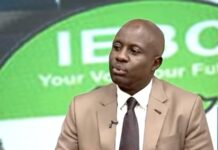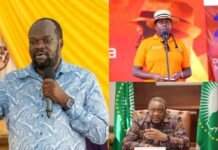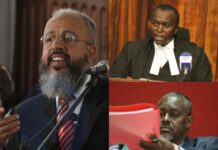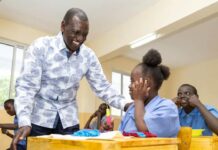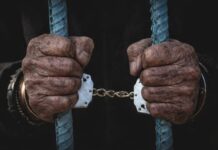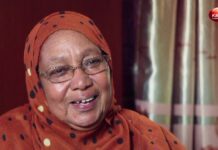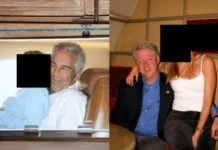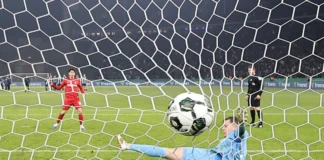Homa Bay Town Member of Parliament (MP) Peter Kaluma has called on the government to ban the British Broadcasting Corporation (BBC) in Kenya following a damning exposé on Sunday, April 27th.
On Monday, the ODM MP took to social media to claim that the documentary titled ‘Blood Parliament’ was intended to incite Kenyans to anger.
Kaluma argued that the BBC’s licence in Kenya should be revoked because the documentary was twisted, partial, and reckless in his opinion.
“Ban the BBC in Kenya. The role played by the media in any democracy is too important to be discharged irresponsibly. The media can build a greater democracy or destroy an otherwise stable state. Lest we forget, the Rwanda mass annihilation would not have occurred were it not for reckless media,” Kaluma stated.
“Blood Parliament, a documentary by the BBC, is twisted, partial, reckless and intended to incite chaos in Kenya. The relevant agencies of the Government of Kenya must act fast to withdraw the BBC’s licence in Kenya.”
Kaluma’s call for the ban eerily mirrors the events that followed the 2018 mock swearing-in of ODM party leader Raila Odinga that saw three television stations and several local radio stations taken off the air during the occasion, preventing Kenyans from following the proceedings.
The BBC documentary, which featured the events of the June 25 anti-finance bill protests that culminated in the succumbing of over 60 people, has gripped the nation since its release, with Kenyans reacting differently.
It featured interviews with vocal activists Boniface Mwangi and Hanifa Adan, a student journalist, Allan Ademba, who covered the protests on the frontlines, the Law Society of Kenya (LSK) President Faith Odhiambo, and Embakasi East Member of Parliament (MP) Babu Owino.
In the exposé, an analysis of over 5,000 images taken during the protests revealed that the Kenya Defence Forces (KDF) officers were behind the shootings of at least three protestors.
Using videos, photos and camera metadata, the BBC’s Africa Eye team was able to build a detailed timeline; focusing on three killings, they plotted the fatal shots back to a police officer and a soldier on a 3D model of parliament.










